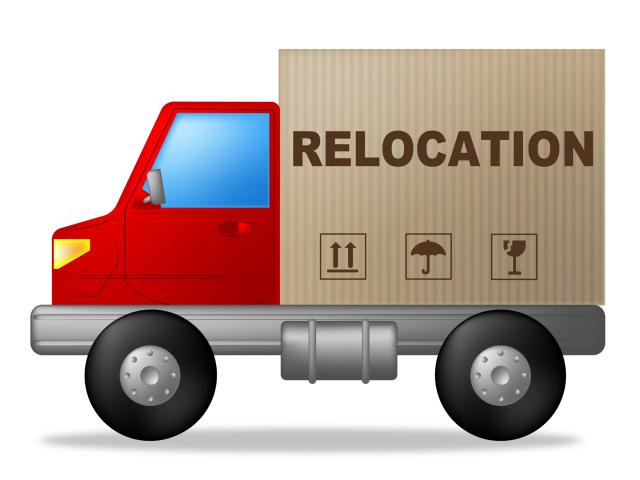If you’re among those relocating to a big and highly popular nation, Canada then this write-up is to guide you to get the best accommodation to live in. Heading to a new country is always an exciting experience, but when it comes to establishing yourself there could be a daunting task.
Right from your touchdown in Canada post-immigration, is tracking a comfortable accommodation. Here some of the sources who can count upon in finding a perfect location to live in. Keep reading!
Pick Temporary Accommodation:
Initially, most of the immigrants plan to take in temporary accommodation and then move to a permanent place. Probably, the prime focus is on finding a good job first and a preferred residence location thereon. Such temporary staying solutions can be hotels, hostels, rental apartments, and alike. The apartments in Canada are subjected to 12 month lease period only.
Consider Preferences:
To meet such a situation, the country has introduced a specific accommodation service to assist the immigrants in finding the perfect location in the minimum time possible. All you need to apply for the same considering your preferred location, budget, workplace distance, and other related expenditure.
Check Affordable Availability:
If you ask for the cost of living in Canada, it simply depends upon the area/street you select to live. Reading the reviews, the places like Saskatchewan and Montreal are among the most affordable to stay at. These are economical as compared to Alberta and Vancouver.
External Sources:
You must be financially strong enough as the cost of living in Canada is certainly higher than the cost in your base country without any doubt. You can use various sources to find a perfect place for you. It comprises Canada’s housing corporation, housing directories, classifieds, websites and other media tools.
CMHC (Canada Mortgage and Housing Corporation) is a government agency that aims to provide the best resources for housing for people probing for accommodation in the country. It helps both the new entrants as well as the existing citizens looking for a home.
Next, you can find a kind of housing, whether temporary or permanent in the housing directories, classified and newspapers as per your budget and preferences.
There is a myriad of online websites which help you to get a house for yourself. Maps are displayed there, you can just click on the location you desire to live in and it will show you all the possible housing options in and around the specific area. These websites help in finding services and jobs as well.
An ideal way to relocate and settle in Canada is on PR visa. With this visa, the applicants can fetch several benefits from the massive Canadian government, such as free education and free medical facilities.
Connect to the visa experts and get detailed information about the formalities and paperwork required for the same. You can browse through eta-canada-visa.com to take the expert guidance on visiting Canada as a tourist or PR or study abroad. It helps you in the complete visa documentation and procedure.
Hoping for your delightful stay in Canada!






















